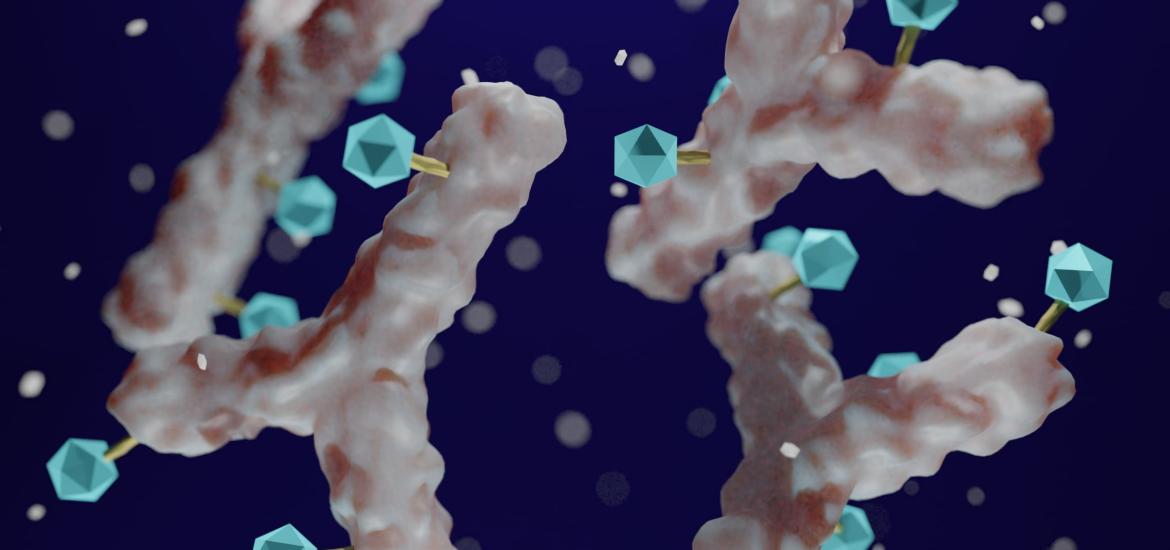
After Dreamm-7, how about more multiple myeloma conjugates?

While the Dreamm-7 trial of GSK’s Blenrep will continue to be picked apart, not least by regulators, its surprisingly positive outcome raises a related question: did others who had also tried to target BCMA with an antibody-drug conjugate give up on this approach too soon? This includes three big pharma companies, Bristol Myers Squibb, AstraZeneca and Amgen, which all discontinued clinical-stage anti-BCMA ADCs in recent years. If the Dreamm-7 data are as robust as they appear to be then toxicity remains Blenrep’s major Achilles heel, and perhaps the result will spur the development of anti-BCMA ADCs with a better safety profile. The current pipeline features Heidelberg Pharma’s HDP-101 as the only other clinical asset; a poster at last year’s ASH revealed first-in-human data showing safety and tolerability at the first four HDP-101 doses, though the best response so far has been stable disease. In the related multiple myeloma field of GPRC5D blockade the dearth of ADCs is even more pronounced: T-cell engagers and Car-T therapies predominate, and the only ADC in the clinic is Astra’s AZD0305, licensed from LaNova Medicines last year.
Anti-BCMA projects using an ADC modality
| Project | Company | Note |
|---|---|---|
| Blenrep | GSK | Dreamm-3 approved use withdrawn; ph3 Dreamm-7 trial positive |
| HDP-101 | Heidelberg Pharma/ Huadong Medicine | $20m Asia deal; ph1 data at ASH 2023, 0% ORR in 12 patients |
| Ispectamab debotansine (CC-99712) | Bristol Myers Squibb (ex Celgene/Sutro) | Discontinued in ph1, Aug 2023 |
| MEDI2228 | AstraZeneca | Discontinued in ph1, Apr 2021 quarterly update |
| AMG 224 | Amgen | Ph1 completed 2018, no data, no further trials |
| BCMA-077 | Sorrento | Preclinical poster at ASH 2019, no further work apparent |
Source: OncologyPipeline.
1128













